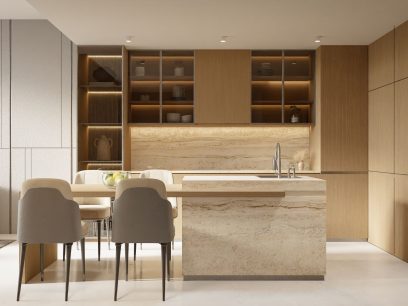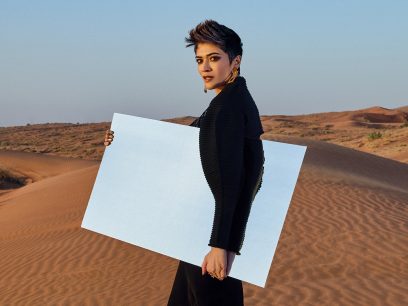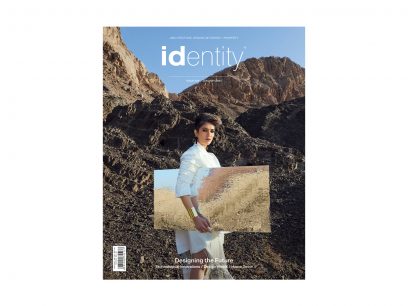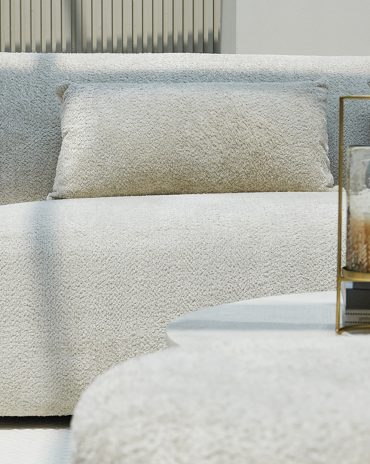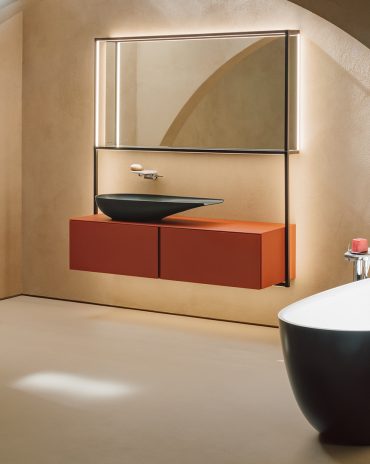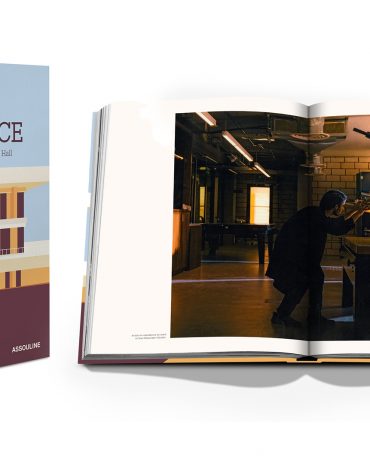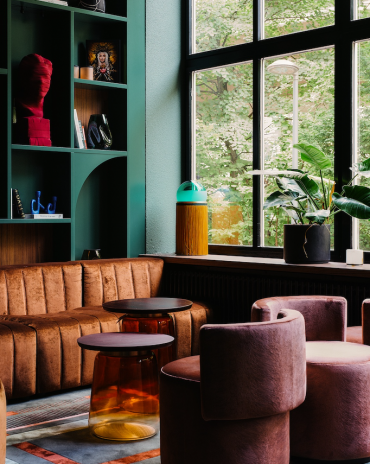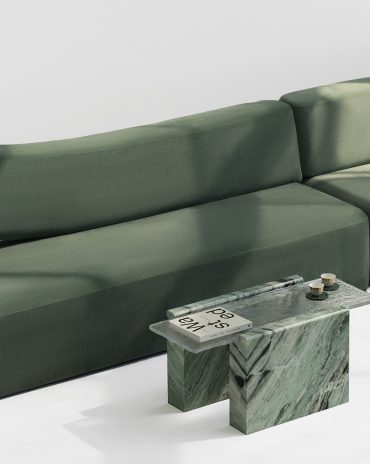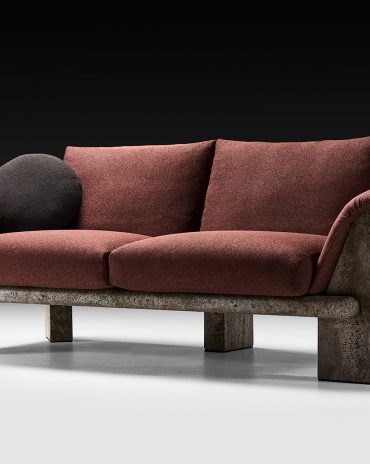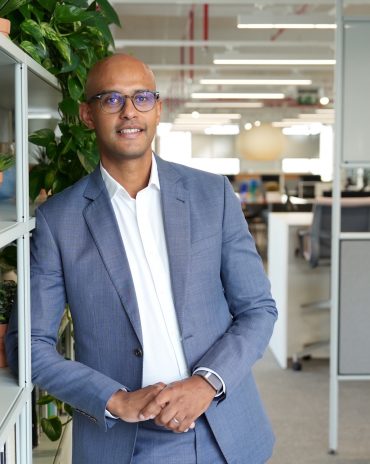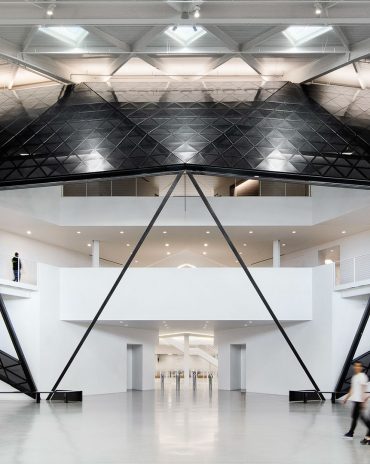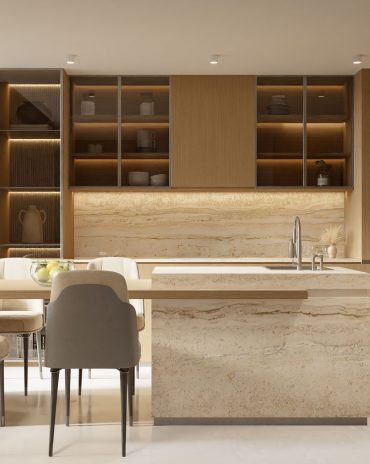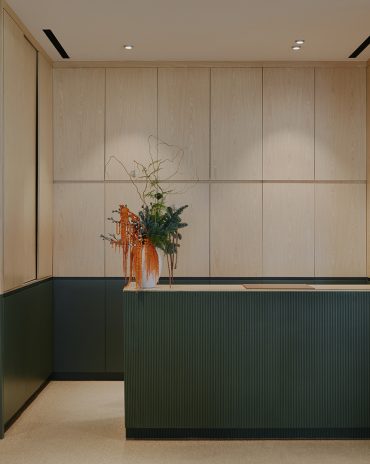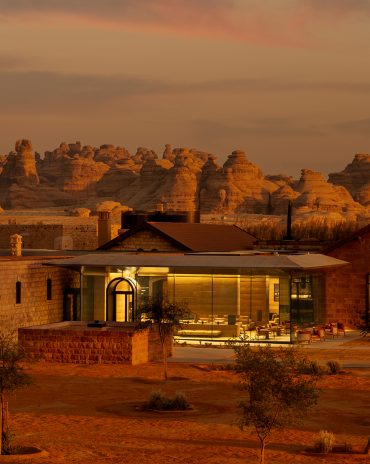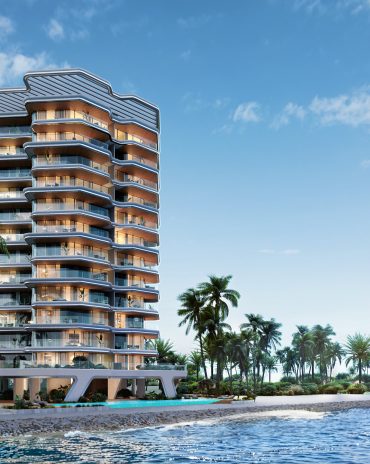Copyright © 2025 Motivate Media Group. All rights reserved.
Patricia Miln’s exhibition at Maraya Art Centre invited viewers to take time for contemplation
Milns' work reflects a visual meeting of East and West
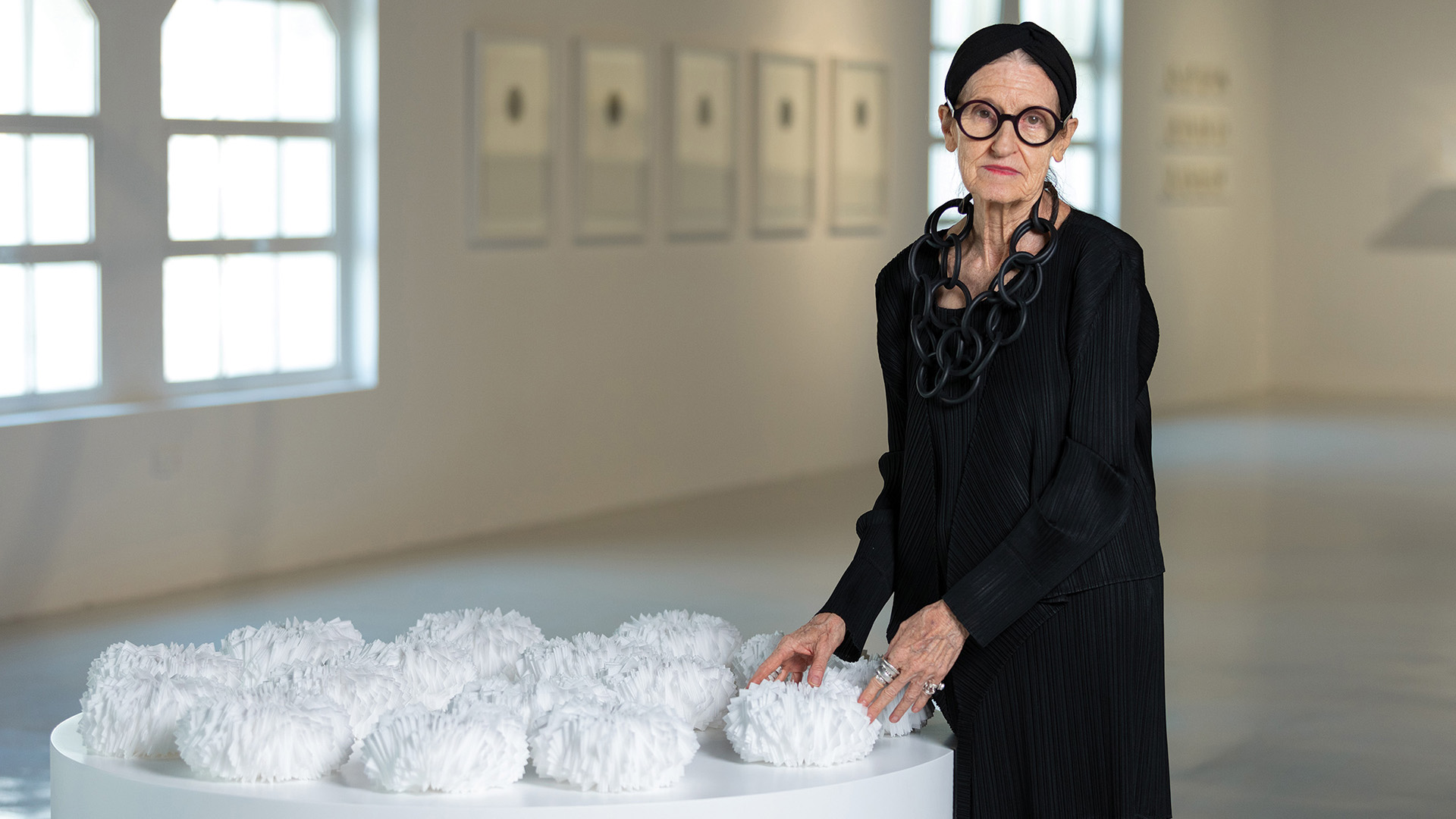
England-born artist Patricia Millns has been based in the Middle East for over 40 years; she has lived in Kuwait and Oman, and currently resides in the United Arab Emirates. The region has played an impactful role in her life, and similarly, has strongly influenced her extensive career as an artist.
“The welcome, hospitality, friendship and love of the people of [the Arab world] has informed my practice and my life,” she says. “I can’t mention individual names as it is the entire nation. They have allowed me to make this my nest, my refuge, my sanctuary… my home.”
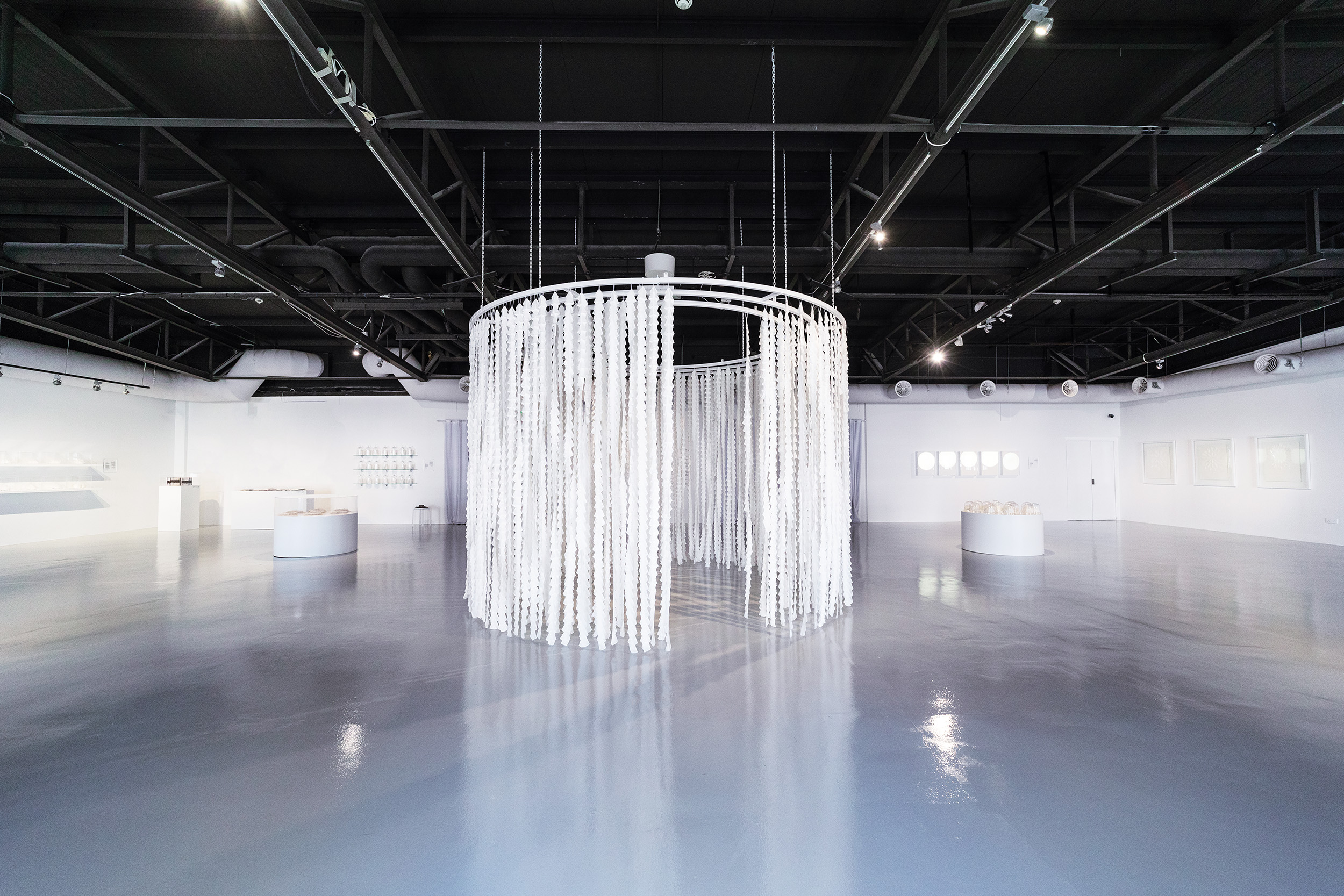
Initially fascinated by the repetition of imagery in Islamic art and design, Millns has developed her own language throughout her career, connecting the West and the East while expressing a strong interest in fashion. “Symbolism of the cultural, textile and olfactory heritage of the region, in particular woman’s studies, has informed my work,” she explains.
Pieces created by the artist over the last two years are being presented in this solo show at Maraya Art Centre in Sharjah until 13 February 2023, under the title ‘Space Between’, referring to the Japanese principle of ‘ma’ that is at the heart of Millns’s practice.
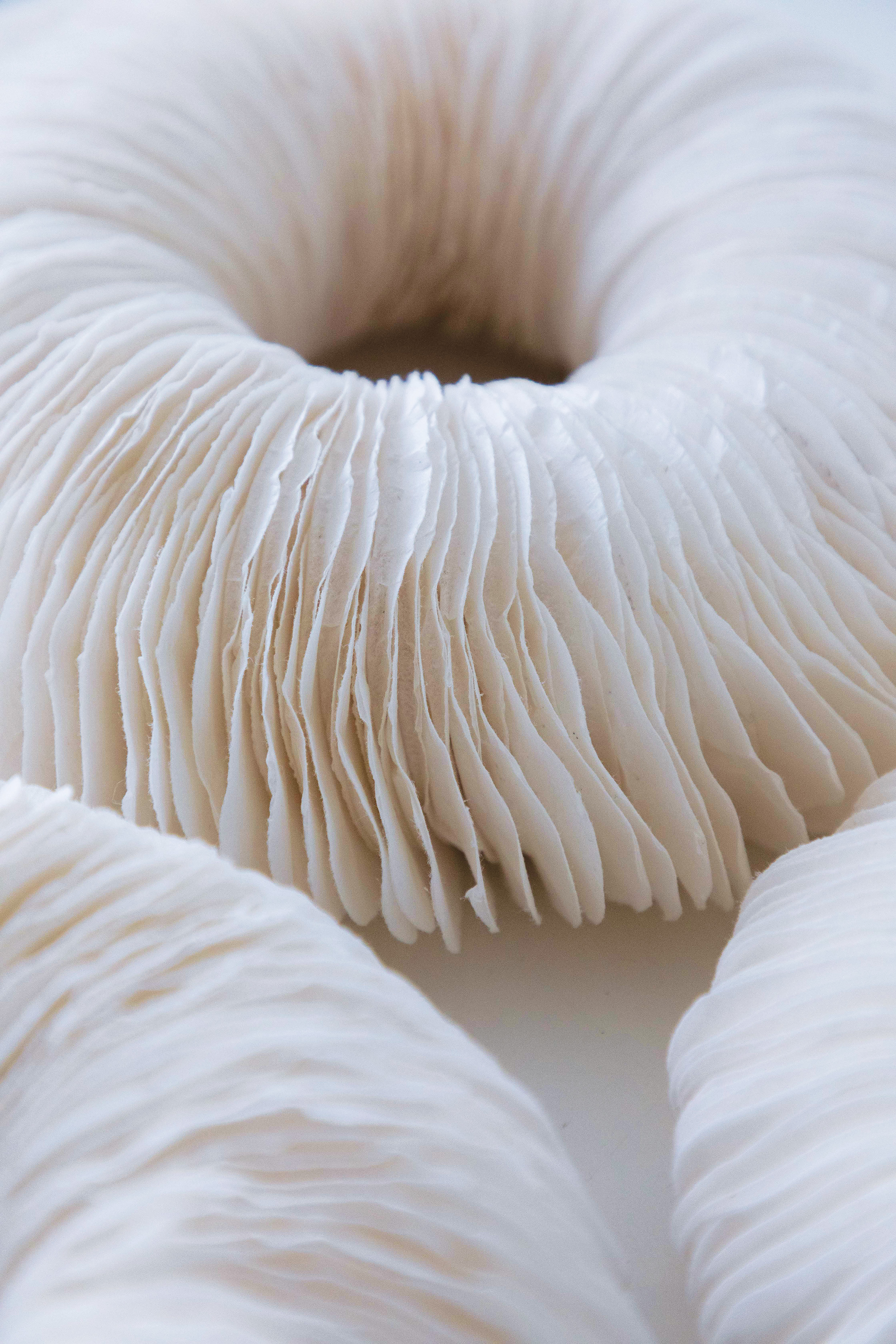
“In Japanese culture, this interval or break is what allows you to reflect on what was just said, or to appreciate the other person in front of you,” describes curator Nina Heydemann (director of Maraya Art Centre and 1971 Design Space). “Quite literally, ‘ma’ addresses enlightenment through concentration on the meaningful. Often, we don’t listen to silence anymore, nor do we appreciate it. This is exactly where Patricia Millns’s artworks start – driving out the noise and focusing on the lessons of simplicity.”
Through the use of understated materials and everyday domestic objects such as tea bags, coffee filters and paper doilies, as well as needlework, Millns invites viewers to pause and observe, to experience and understand her artworks through knowledge and imagination, to appreciate silence and to interpret the empty.
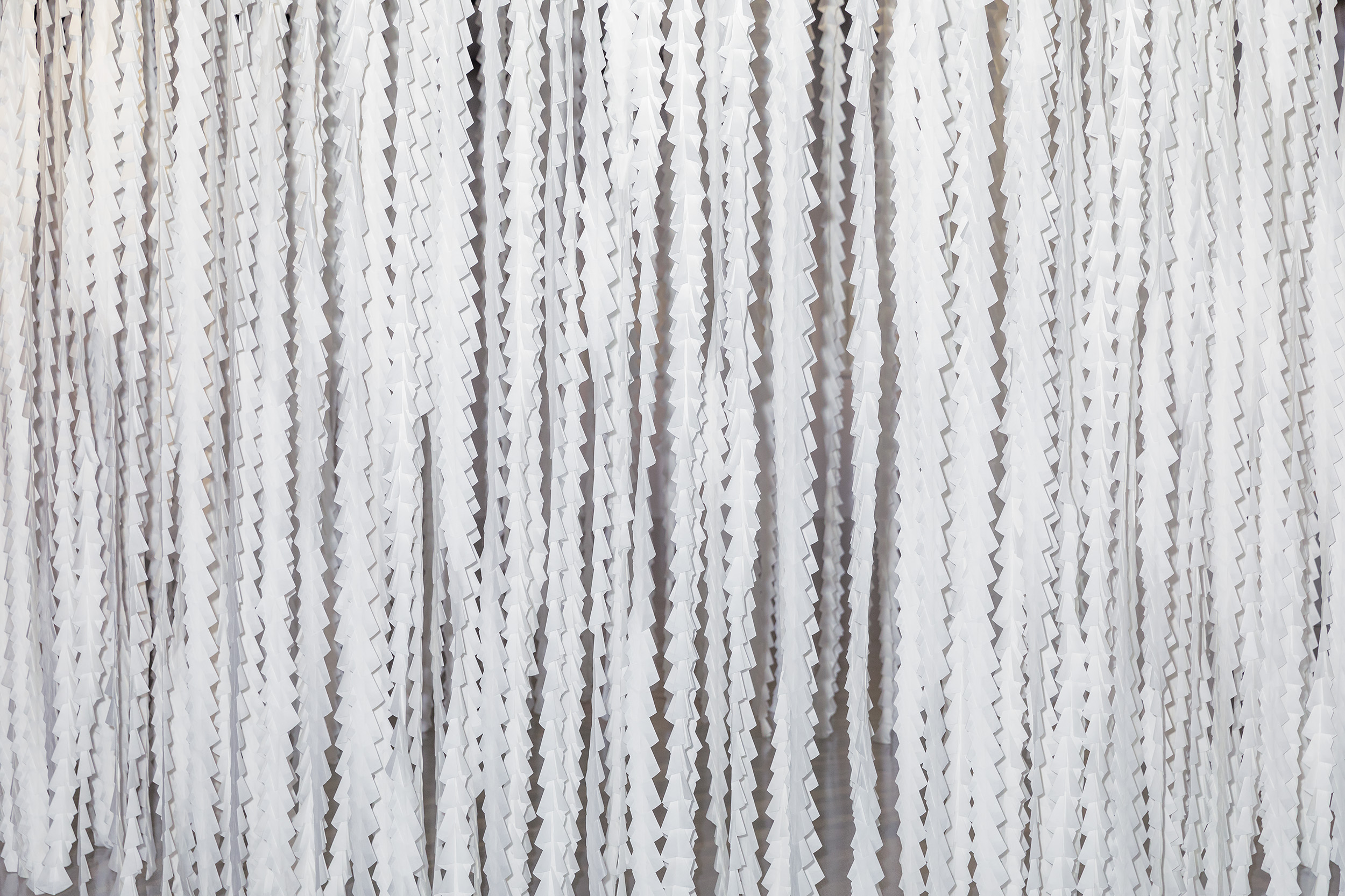
“The spaces between the objects become as valid as the objects themselves,” says Millns. “Their placement creates intervals within which to contemplate and experience a different passage of time.”
Influenced by British artist and potter Edmund de Waal, the notion of repetition and seriality is omnipresent in Millns’s work. Echoing the concept of infinity, the circle is also a recurrent motif.
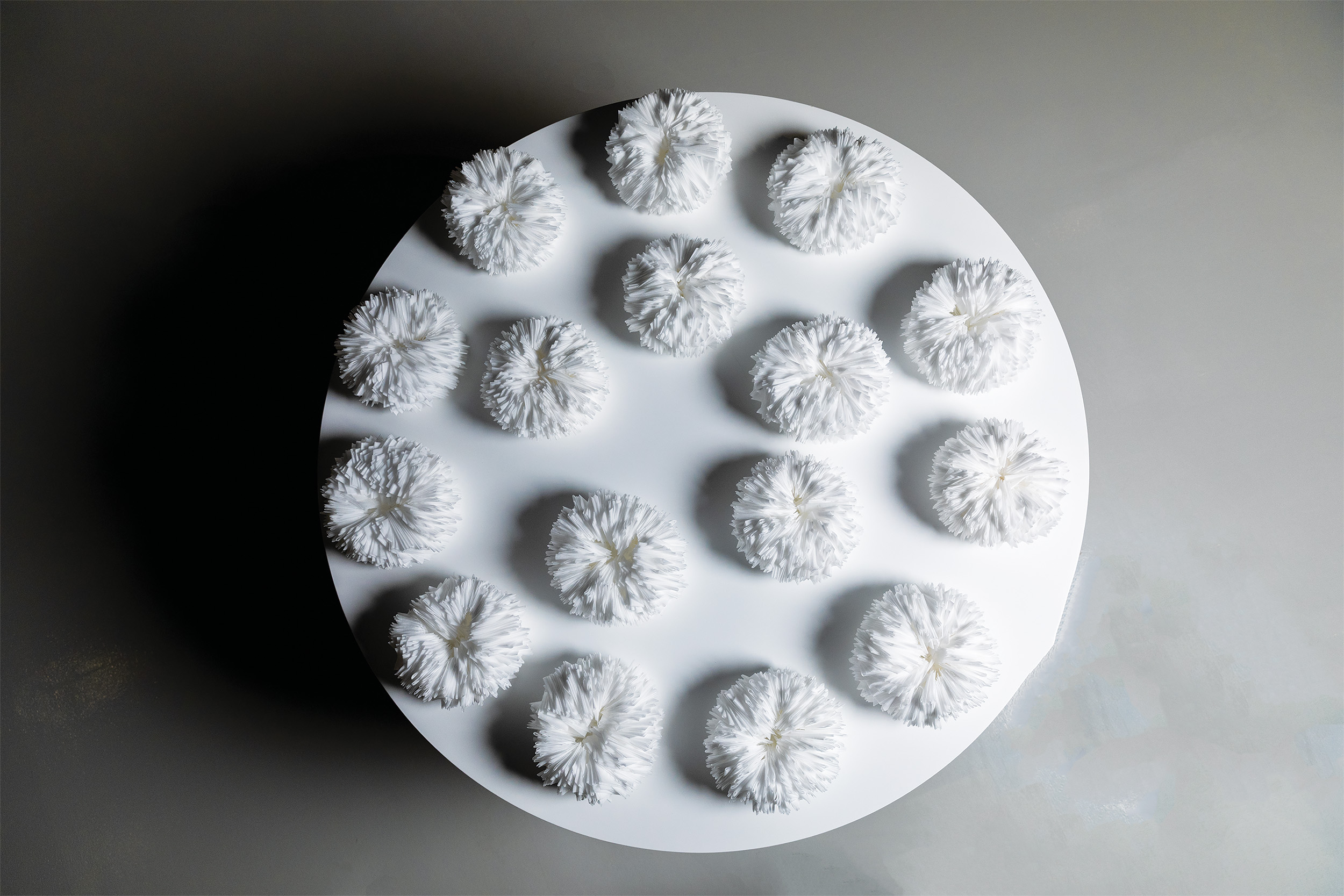
Recently, Millns started to create nests composed of steel wires and hand-collected white feathers, reminiscent of the work of German conceptual artist Rebecca Horn. Drawing inspiration from a variety of sources that run from fashion designer Issey Miyake – for his interest in technology and ability to transform fabrics – to 13th-century Persian poet Rumi, Millns constantly strives to “go beyond the surface illusion and lose oneself in a deeper spiritual dimension.”
“Density and transparency enter an interesting dialogue in this exhibition, the same way that [the] absence and presence of colour does,” says Heydemann. “The artist fulfils her own take on the ‘space between’, a space where just the right balance between appearance and disappearance is struck. Literally, a ‘Room for Thought’.”
Images courtesy of Maraya Art Centre
The Latest
Textures That Transform
Aura Living’s AW24 collection showcases the elegance of contrast and harmony
Form Meets Function
Laufen prioritises design, functionality and sustainability in its latest collections
Preserving Culture, Inspiring Creativity
Discover the Legacy of a Saudi Art Space: Prince Faisal bin Fahd Arts Hall explores the Hall’s enduring influence on the cultural fabric of Saudi Arabia
Channelling the Dada Spirit
Free-spirited and creative, The Home Hotel in Zurich injects a sense of whimsy into a former paper factory
id Most Wanted- January 2025
Falaj Collection by Aljoud Lootah Design
Things to Covet in January
identity selects warm-toned furniture pieces and objets that align with Pantone’s colour of the year
Shaping the Future of Workspaces by MillerKnoll
Stacy Stewart, Regional Director Middle East & Africa of MillerKnoll discusses the future and evolution of design in workspaces with identity.
Shaping Urban Transformation
Gensler’s Design Forecast Report 2025 identifies the top global design trends that will impact the real estate and built environment this year
Unveiling Attainable Luxury
Kamdar Developments has launched 105 Residences, a new high-end development in Jumeirah Village Circle.
The Muse
Located in the heart of Jumeirah Garden City, formerly known as ‘New Satwa’, The Muse adds to the urban fabric of the area
Cultural Immersion Meets Refined Luxury
The Chedi Hegra opens its doors in AlUla’s UNESCO World Heritage Site
Redefining Coastal Luxury
Sunshine Bay on Al Marjan island combines seaside views, exceptional design, and world-class amenities to create a unique waterfront haven


